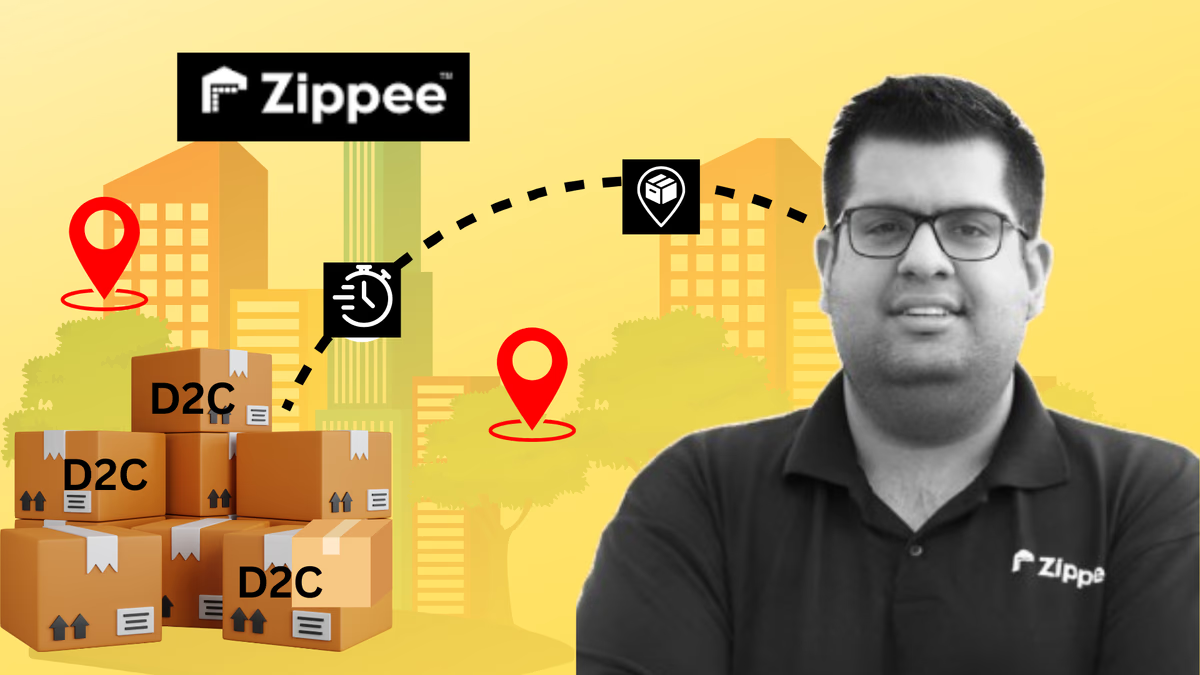Rapid commerce moved into the fore and became the new mainstream since the peak of the pandemic. This is so as the expectations have been transformed in the retail business side in India. Firms like Amazon and Flipkart have been aggressively offering their same-day and next-day deliveries, whereas new firms that entered the space with fresh offerings such as grocery 10-minute deliveries had taken birth in the form of firms like Zepto and Blinkit.
Despite the skepticism surrounding the sustainability of these rapid delivery models, the quick commerce sector has grown and transformed shopping habits and brand operations. Amidst this change, Madhav Kasturia, founder and CEO of Zippee—a same-day delivery startup—has spotted a niche opportunity. Zippee is positioning itself as a balanced solution between traditional courier services and the expensive ultra-fast delivery models dominating the market.

The Quick Commerce
Quick commerce once sounded skeptical but has now risen as a strong force within the retail space. Expectedly, the global market for quick commerce is going to rise from $38.9 billion in 2023 to $303.3 billion by 2030. That means convenience, after all, has risen as a key success factor across the third-largest retail space of the world, and India is no exception here. Yet, with comfort comes challenge for most the D2C brands in the country.
According to Madhav Kasturia, its problems are high platform fees, relative lack of exposure visà-vis the competition as such brands are relatively nascent and not well-versed, and complex procedures of getting listed, particularly in making it difficult for small new brands.